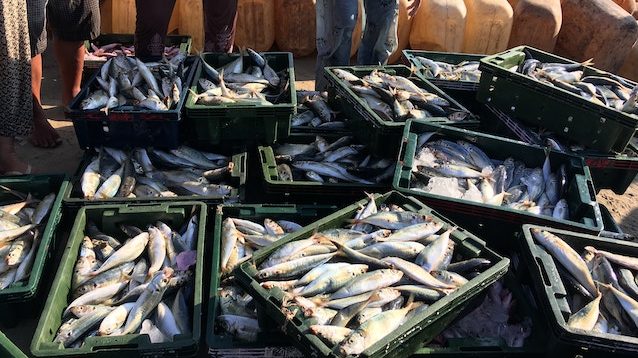A new study proves what we’ve always known – that producing goods without exploiting workers has a price. Changing a business model to root out modern slavery costs money. Companies further up the supply chain, including retailers selling goods in their stores, must reflect this cost in the price they pay their suppliers. Demanding better conditions, without supporting efforts for change financially, makes commitments of clean supply chains ring hollow.
The report by Praxis Labs focuses on Thai seafood workers. Thailand is the fourth largest exporter of seafood globally and has come under intense scrutiny for poor working conditions and modern slavery.
In 2014 Freedom United launched a campaign calling on four major retailers to help eliminate forced labor from the Thai fishing industry. The campaign followed a media investigation revealing a link between forced labor and trafficking in persons on Thai fishing vessels with shrimp and pet food sold to Western consumers.
The campaign and media attention helped galvanise action to reform Thailand’s seafood industry. Major grocery chains began collaborating on initiatives to address worker exploitation and the Thai government introduced reforms to better monitor the industry, regulate recruitment agencies and updated anti-trafficking laws.
However, the impact of these reforms is being held back by the failure of retailers to incorporate the additional cost of meeting these new regulations.
Thomson Reuters Foundation reports:
Thai seafood suppliers are struggling with rising production costs as they seek to improve labour conditions and meet new anti-slavery laws and regulations, with little or no financial help from big buyers, found a study by rights group Praxis Labs.
“The disconnect between what buyers purport to want and what they’re willing to pay … comes through sharply,” said Sarah Mount of anti-slavery group The Freedom Fund, which co-funded the study based on the policies and actions of 28 companies.
“The costs of protecting workers from exploitation and forced labour should be distributed equitably across the value chain,” she told the Thomson Reuters Foundation.
Over the last four years, Thailand has sought to clean up its multi-billion dollar fishing industry after investigations revealed widespread abuses and the European Union threatened to ban imports from the country.
Retailers’ public commitments to end slavery in their supply chains are rarely supported by increasing the price paid for goods. This challenge is not unique to the seafood industry as price still remains the focus of buying decisions.
“Until the costs associated with ethical sourcing are built into the product price, the current business model based on high volume at low price remains an inherent challenge to advancing human rights in seafood supply chains,” the researchers said.







Freedom United is interested in hearing from our community and welcomes relevant, informed comments, advice, and insights that advance the conversation around our campaigns and advocacy. We value inclusivity and respect within our community. To be approved, your comments should be civil.